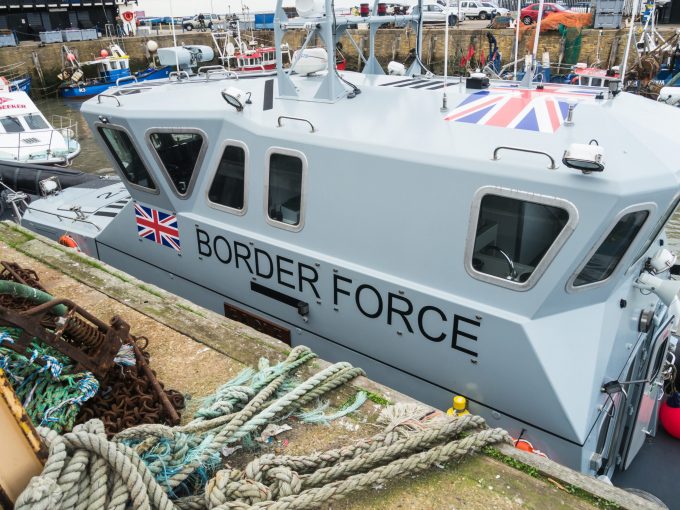A tech solution to smooth post-Brexit friction at UK borders
Sealed-at-source cargo tied into a single trade window (STW) tracking platform offers GB customs authorities ...

The UK government has failed to collect VAT on up to 400 million European import shipments worth more than £30bn ($39.5bn) in taxes due to the UK’s delayed implementation of new declarations last year, it was claimed this week.
There could be up to 400 million ...

Comment on this article
Paul Sims
March 21, 2022 at 3:38 pmI guess this will mean closer examinations of Customs Tariff Classifications and Customs Compliances.